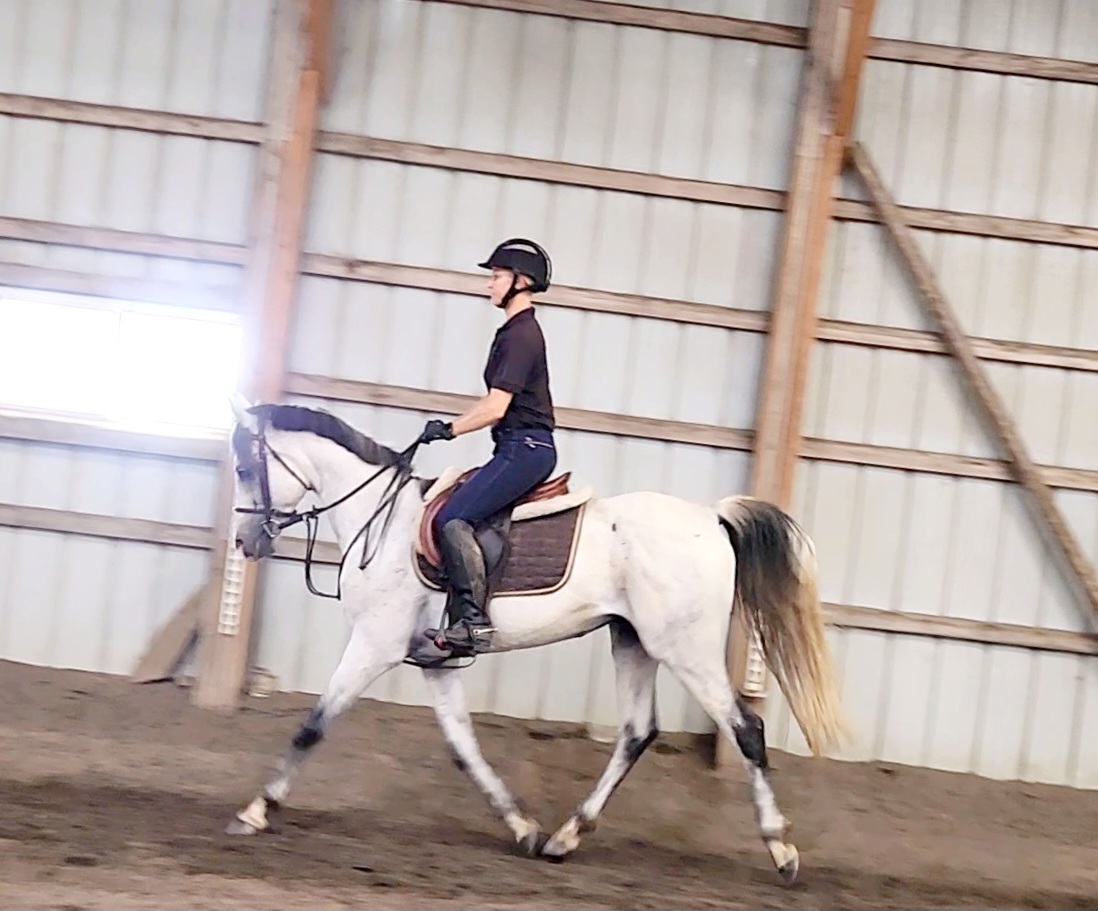I know I’m not the only person who’s prone to falling down a seriously nerdy online rabbit hole. It usually happens when I’m researching a topic in earnest, and I stumble upon an article that conveniently links back to a million-and-one other articles. Before I know it, I’ve gone from writing a magazine feature about the importance of faecal egg counts to reading all about how Tom Cruise has a tooth that perfectly bisects his face. Wondering how I got from one to the next? Yeah, me too, pal. Me too.
Anyway, I was in the middle of one of these internet deep-dives the other day when I fell down an even more interesting — and relevant — well of information. I know what you’re thinking — more interesting than Tom Cruise or anything containing the word ‘faecal’? But somehow, despite the odds, it was more interesting than both of those things.
The subject matter of my (wholly incidental) choosing was the 1936 Berlin Olympics, colloquially referred to as the ‘Nazi Games’. They were most memorable, perhaps, for Jesse Owens’ historic athletics victories, which disproved the legitimacy of Adolf Hitler’s idea of Aryan genetic supremacy, and also helped to break new ground for people of colour in the US, where segregation and overt racism was still running rampant. And believe me — there are hundreds of articles and thinkpieces that are just begging to be written about what Owens accomplished. But I was on a deep dive, and there was no stopping for contemplation.
That is, until I discovered my new favourite piece of useless Olympics trivia.
The Czechoslovakian eventing team finished just out of the medals at the 1936 Olympics (yes, the Nazi ones) – their final score was 18,952, because one of their team members got lost and took three hours to finish the cross country. #relatable
— Tilly Berendt (@TillyBerendt) January 8, 2019
I mean, we’ve all had our whoopsies, right? But one has to wonder who was responsible for stringing the cross-country course, frankly.
It might not seem particularly surprising that the German riders claimed every single gold medal across the three equestrian disciplines that year — after all, they’ve long been one of the strongest countries in the world where horse sports are concerned. But of course, that Olympics was a bit different to the rest, not least because the cross-country course harboured a few traps. There were holes in the water jumps, unseen dips in the middle of combinations, and all sorts of other tricks that turned rider after rider over — but rather curiously, not a single German rider had a problem through any of these dubious questions. Almost, some speculated, as though they’d been given an advance warning — or a secret schooling session.
It wasn’t all bad news — the equestrian competitions in 1936 clocked up some impressive and enthusiastic audiences.
Ticket prices were so low for the Nazi Games that dressage enjoyed 20,000 spectators, the endurance phase of eventing alone saw 60,000, and showjumping’s crowds reached a whopping 120,000 people. Low prices and Nazis – a fool-proof marketing plan for the sport? #nothanks
— Tilly Berendt (@TillyBerendt) January 8, 2019
Oh, and this happened to one of the French competitors:
The very definition of #nailingit. pic.twitter.com/skvD8CzcCW
— Tilly Berendt (@TillyBerendt) January 8, 2019
The aforementioned could, perhaps, be attributed to a curious change of rules: teetotal Hitler banned the athletes from drinking any alcohol, but the Italian, French, Belgian and Dutch teams protested so vociferously that he had to lift the ban for them, and athletes from these four nations were served alcohol with every. Single. Meal.
There was also further speculation, when one of Japan’s early equestrian heroes took an uncharacteristic fall mid-course. How much of it was strategic? The truth is, perhaps, lost to history.
1932 gold medalist and Japanese equestrian icon Takeichi Nishi found himself used as a political pawn; he “fell” from his horse, Uranus (lol) mid-course, demonstrating the sacrifices his country would be willing to make as allies. In 1940 Japan’s place in the Axis was confirmed.
— Tilly Berendt (@TillyBerendt) January 8, 2019
Check out this brilliant footage from the eventing at the ’36 Games — it was rough and ready, certainly, and sure, some of the riding leaves much to be desired, but each and every competitor was a military man on a military horse, and it’s remarkable to see how much of that training and skill has held up over the years. Fortunately, an enormous amount has changed since then, too — we’ve made huge advances in the sport’s safety, courses are designed and built with much stricter regulations, and the sporting world is, well, generally a bit nicer and less politicised of a place to hang out.



















